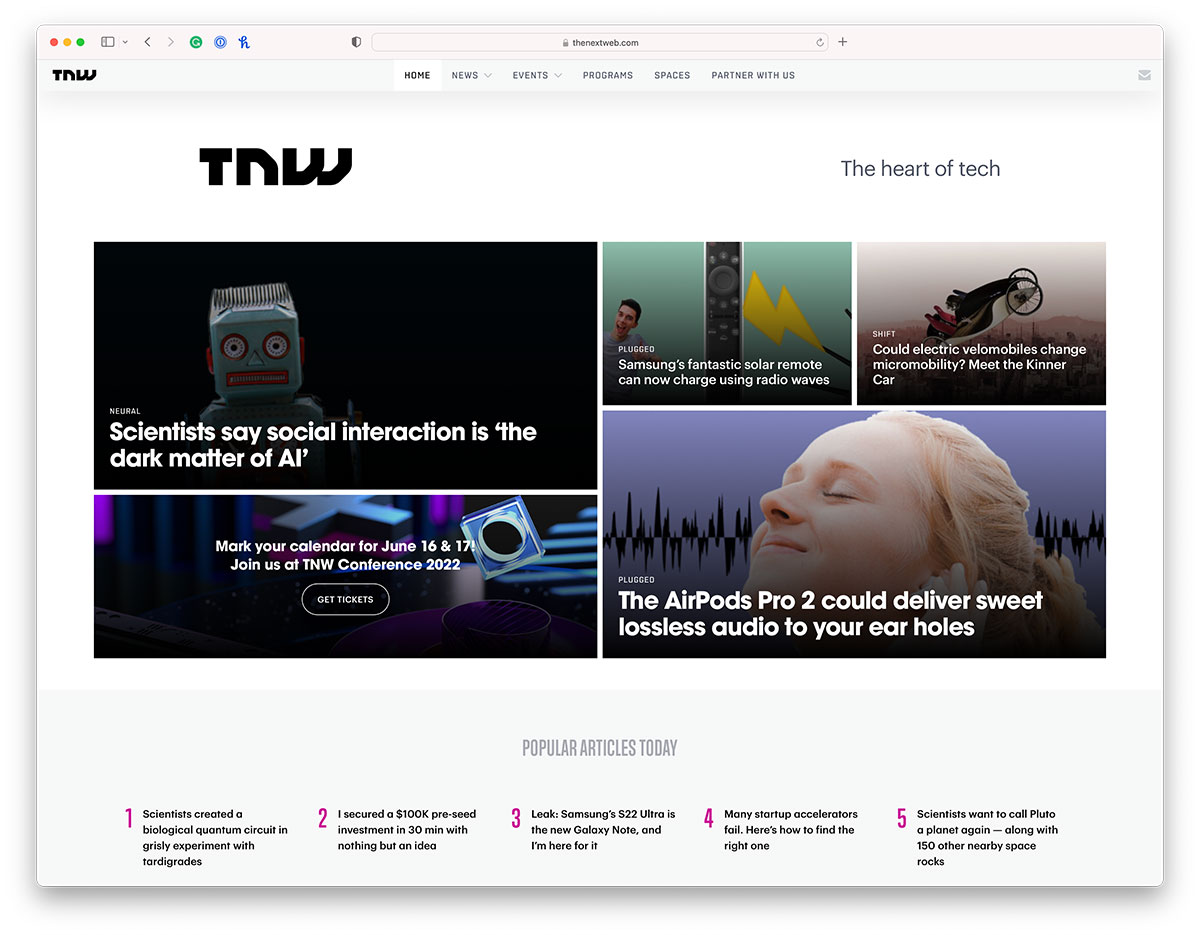News Websites Fundamentals Explained
News Websites Fundamentals Explained
Blog Article
Unknown Facts About News Websites
Table of ContentsNews Websites for DummiesGetting My News Websites To WorkNews Websites Can Be Fun For AnyoneAll about News WebsitesExcitement About News Websites
It was down in the UK and Brazil yet up some other countries, such as Greece, Bulgaria, and Poland (News Websites). This year, for the first time, we inquired about the different ways that people prevent the news and found that around half of avoiders (53%) were trying to do so in a broad-brush or periodic way for example, by switching off the radio when the news came on, or by scrolling past the news in social networkse.g. scrolling previous information, altering channels when news comes on. of avoiders check resources less typically. e.g. restriction to specific times of day, shutting off notices, etc. of avoiders avoid some topics. e.g. subjects that reduce mood or increase anxiety. You claimed that you attempt to actively avoid news.

I'm most likely choosing to read even more light-hearted stories than I used to presently. M, 51, UK Switching my back on information is the only way I feel I can deal in some cases. I have to knowingly make the effort to transform away for my very own mental wellness.
The Buzz on News Websites
Selective avoidance of Ukraine information was highest in most of the countries closest to the problem, reinforcing searchings for from our additional survey in 2014, not long after the war had actually started. Our data may not suggest an absence of passion in Ukraine from nearby countries however instead a need to manage time or secure psychological health from the really actual scaries of battle.
Contrasting Finland with a politically polarised nation such as the USA (see next graph) that is less impacted by the war, we discover a very various pattern of subject evasion. In the United States, we locate that customers are extra most likely to avoid subjects such as national politics and social justice, where arguments over problems such as gender, sexuality, and race have actually ended up being extremely politicised.
American national politics are rather poisonous nowadays. I locate sometimes that I have to disconnect from stories that just make me angry. F, 61, United States For some people, bitter and divisive political debates are a reason to transform off information entirely, however, for some political upholders, evasion is often concerning blocking out perspectives you do not wish to listen to.

All About News Websites
Some are seeking to make news more accessible for hard-to-reach groups, broadening the information program, commissioning this link even more motivating or positive information, or accepting positive or options journalism that give people a feeling of hope or personal firm. In our survey this year, we asked participants concerning their rate of interest in these various methods.
This clarifies why stories like Ukraine or nationwide politics perform well with news regulars yet can at the same time transform much less interested users away (News Websites). Discerning avoiders are less thinking about all sorts of news than non-avoiders yet in relative terms they do appear to be extra interested in favorable or solutions-based information

The Ultimate Guide To News Websites
2023). This may be real in the moment, but over time it appears to be leaving many individuals empty and much less pleased, which might be threatening our connection with and rely on the information. Across markets, total depend on in news (40%) and trust in the resources people utilize themselves (46%) are down by an additionally 2 percentage factors this year.
Via the rear-view mirror, the COVID-19 trust bump is plainly noticeable in the complying with graph, though the direction of traveling later on has been blended. Sometimes (e.g. Finland), the count on boost has actually been preserved, while in others the upturn looks more like a spot in a story of ongoing long-lasting decrease.
A few of the highest reported degrees of media criticism are located in countries with highest degree of distrust, such as Greece, the Philippines, the USA, France, and the United Kingdom. The least expensive levels of media objection frequent those with greater degrees of count on, such as Finland, Norway, Denmark, and Japan.
The News Websites Diaries
This year we asked participants concerning their choices for message, sound and video clip when eating information online. Typically, we locate that the bulk still favor to review the information (57%), as opposed to watch (30%) or pay attention to it (13%), yet more youthful individuals (under-35s) are extra most likely to pay attention (17%) than older teams.
Behind the standards we discover considerable and unusual nation differences. In markets with a solid analysis practice, such as Finland and the UK, around 8 in 10 still choose to check out online news, yet in India and Thailand, around 4 in 10 (40%) state they like to see information online, and in the Philippines that percentage is over fifty percent (52%).
Report this page